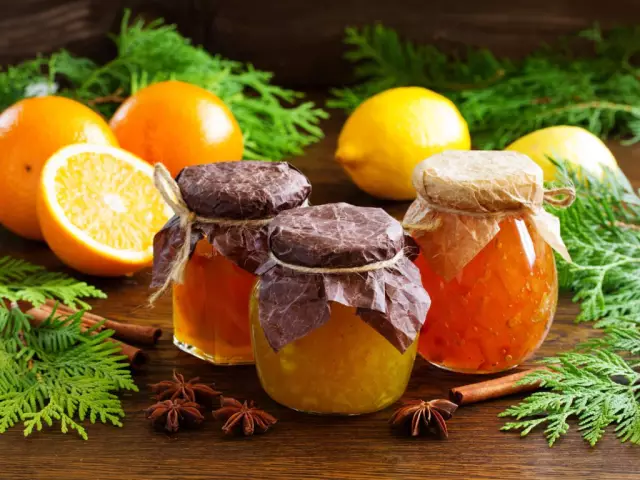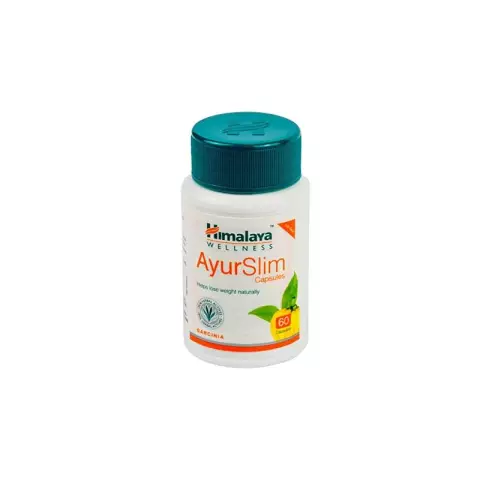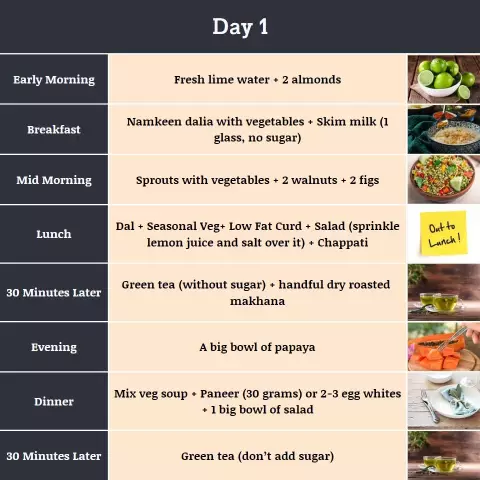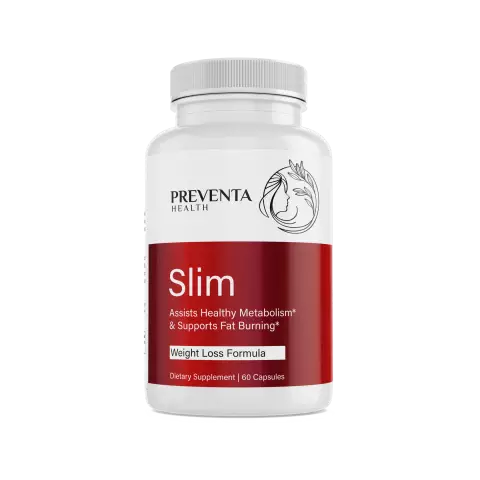- Author Rachel Wainwright [email protected].
- Public 2023-12-15 07:39.
- Last modified 2025-11-02 20:14.
Pectin

Pectin or pectin is a glue, a polysaccharide formed from residues of galacturonic acid and is found in most higher plants - fruits, vegetables, root vegetables and some types of algae. Being a structural element of tissues, pectins contribute to the maintenance of turgor, increase plant resistance to drought and long-term storage.
Pectin, as a substance, was isolated 200 years ago from fruit juice by the French chemist Henri Braconneau. The first factories for mass production of pectin were built in the 30s of the XX century.
Pectin application
Pectin is widely used in the food and pharmaceutical industries. In medicine, pectin is used for the manufacture of physiologically active substances with properties beneficial to human health. In addition, the structure-forming properties of pectin allow it to be used as a drug encapsulating substance.
Pectin substances on an industrial scale are obtained from citrus and apple pomace, sunflower baskets and sugar beet pulp. In the food industry, pectin is registered as an additive under the name E440 and is used as a thickener for the production of fillings for sweets, jelly, marmalade, marshmallow, ice cream, juice drinks.
There are two forms of pectin obtained industrially: liquid and powder. The sequence of mixing products in the process of their preparation depends on the form of the substance: liquid pectin is added to the hot, freshly cooked mass, powdery pectin is mixed with cold juice or fruit. With the help of packaged pectin, you can make jellies and marmalades from berries and fruits.
Useful properties of pectin
Specialists call pectin a natural "sanitary" of our body, since this substance has the ability to remove poisons and harmful substances from tissues: pesticides, heavy metal ions, radioactive elements, without disturbing the natural bacteriological balance of the body.
The benefits of pectin are due to the effect of the substance on the metabolism of the body: it stabilizes redox processes, improves peripheral circulation, intestinal motility, and also reduces blood cholesterol levels.
Pectin is practically not absorbed by the body's digestive system, being, in fact, a soluble fiber. Passing along with other products through the intestines, pectin absorbs harmful substances and cholesterol, which together with it are excreted from the body. Also, pectin has the ability to bind ions of heavy and radioactive metals, due to which it is included in the diet of people in contact with heavy metals or in a contaminated environment.
The benefits of pectin also lie in its ability to improve the intestinal microflora, to have a moderate anti-inflammatory and enveloping effect on the gastric mucosa in case of ulcerative lesions, to form optimal conditions for microbiocenosis - the process of reproduction of microbes useful for the body.
All of the above properties of pectin make it possible to recommend this substance as a component of the daily diet of every person.
The daily intake of pectin, which significantly reduces blood cholesterol levels, is 15 grams, however, pectin supplements should be preferred to eating ordinary fruits and berries.
Pectin in products
Sources of pectin are apples, bananas, oranges, grapefruits, nectarines, pears, peaches, dates, blueberries, plums, and figs. Melons, pineapples, cherries, blueberries, strawberries, raspberries, green peas contain less pectin.
Pectin content in products:
- Citrus peels - 30%;
- Apples - 1.5%;
- Carrots - 1.4%;
- Oranges - 1-3.5%;
- Apricots - 1%;
- Cherries - 0.4%.
Sweets should not be considered as a source of pectin, because in order to get the amount of a substance similar to the pectin content in products, you need to eat about 7 packs of marmalade.
Slimming pectin
The cleansing properties of pectin allow it to be used as a component of a slimming diet. A person who eats the recommended dose of pectin per day, which corresponds to about 500 g of fruits and vegetables per day, needs less food to get rid of hunger. The benefits of pectin are based on its ability to bind "bad" carbohydrates, preventing them from being completely absorbed from the digestive tract.

Pectin is very effective for weight loss in the presence of "stagnant" fat: when weight has been gained for many years. Natural fiber delicately cleanses the body of cholesterol, toxins and toxins, allowing not only to cope with fat deposits, but also to improve the health of the body. Nutritionists are confident that consuming 25 grams of apple pectin will help you lose 300 grams of excess weight per day.
An example of a pectin diet that will allow you to get rid of 3-4 kg in 1 week:
- 1 day. For breakfast, they eat a salad of three grated apples with walnuts, seasoned with lemon juice. For lunch - a salad of one boiled egg and one apple, mixed with onions and parsley. For dinner - five apples;
- 2nd day. Breakfast - a salad of three apples plus 100 grams of boiled rice. Lunch - Three boiled apples with lemon juice, 100 grams of boiled rice without salt. Dinner - 100 grams of boiled rice without salt;
- 3rd day. Breakfast - a salad of three grated apples, 100 grams of low-fat cottage cheese without sugar. Lunch - a salad of three apples with two walnuts, seasoned with two tablespoons of honey. Dinner - 100 grams of cottage cheese;
- 4th day. One apple and three carrots salad. Lunch - a salad of one apple, three carrots with the addition of lemon juice and 1 teaspoon of honey. Dinner - four baked apples;
- Day 5. Salad of 1 grated beetroot and 1 carrot. Lunch - 3 tablespoons of oatmeal, two boiled eggs, one boiled beet. Dinner - carrots mixed with 1 teaspoon of honey;
- 6th day. Repeats the menu of the first day of the diet;
- 7 day. Repeats the menu of the second day of the diet.
The use of pectin for weight loss excludes the use of alcohol, coffee and tobacco smoking. Pectin diet should be accompanied by copious drinking of pure water, green tea or herbal decoctions without sugar.
The apple diet is indicated for people suffering from diseases of the gastrointestinal tract, liver and gallbladder. Despite the benefits of pectin for gastrointestinal diseases of varying severity, in chronic diseases (gastritis, enterocolitis, stomach ulcer), it is recommended to cook or bake the entire daily norm of apples in an oven.
Contraindications
Excessive use of pectin as dietary supplements (it is quite difficult to get an overdose of a substance from natural sources) can lead to a decrease in the absorption of minerals (magnesium, calcium, zinc, iron), the absorption of fats and proteins, flatulence and fermentation in the colon.
Found a mistake in the text? Select it and press Ctrl + Enter.






